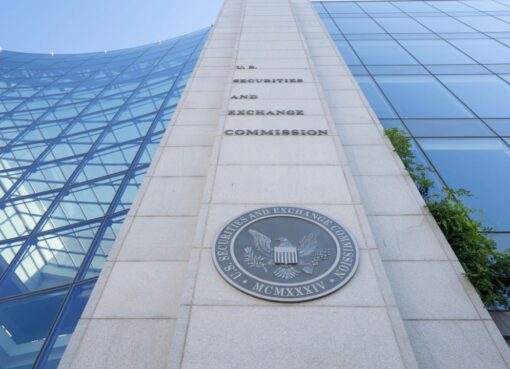United States Undersecretary of Commerce for Industry and Security Alan Estevez recently told reporters at an event in Tokyo that the U.S. is looking to crack down on Chinese access to U.S. cloud-based technologies.
Speaking to journalists at the Mount Fuji Dialogue policy forum on Oct. 21, Estevez confirmed reports that the U.S. was considering applying similar interventionary measures to China’s cloud technology access as it had for artificial intelligence (AI) chips.
“Cloud-based technologies are already fairly ubiquitous,” Estevez said, per a report from Nikkei. “Now, AI itself is also fairly ubiquitous.”
Estevez continued, clarifying:
“The concern is … AI in the future will probably command and control military logistics [and] military radar. Electronic warfare capabilities will be advanced. So we want to make sure that we’re controlling the use.”
As Cryptox recently reported, the United States Department of Commerce’s Bureau of Industry and Security released a memo on Oct. 17 shoring up export controls on AI chips. The new requirements would require establishing a worldwide licensing requirement for the export of controlled chips to any U.S.-embargoed country, China included.
Related: US authorities monitor China-linked Bitcoin miners amid national security concerns: Report
In the wake of the recent AI chip export ban, U.S. market leader Nvidia’s stock slipped by nearly 5% as some experts predicted positive movement for Chinese chip manufacturers.
It remains unclear at this time if U.S. lawmakers intend to introduce a similar ban on cloud computing technology access, the logistics of which would be dynamically different due to cloud-based services requiring no physical export.
Discussions over potential furtherance of export restrictions between the U.S. and China could be aggravated by recent developments. U.S. allied vessels in the Philippines have faced blockades from Chinese coast guard vessels in recent weeks.
A report from Reuters indicates that a “slight collision” occurred on Oct. 22 when a Chinese coast guard vessel attempted to block a Philippine resupply ship from reaching its destination.
In response, the U.S. renewed its pledge to protect Philippine vessels “anywhere in the South China sea.”




